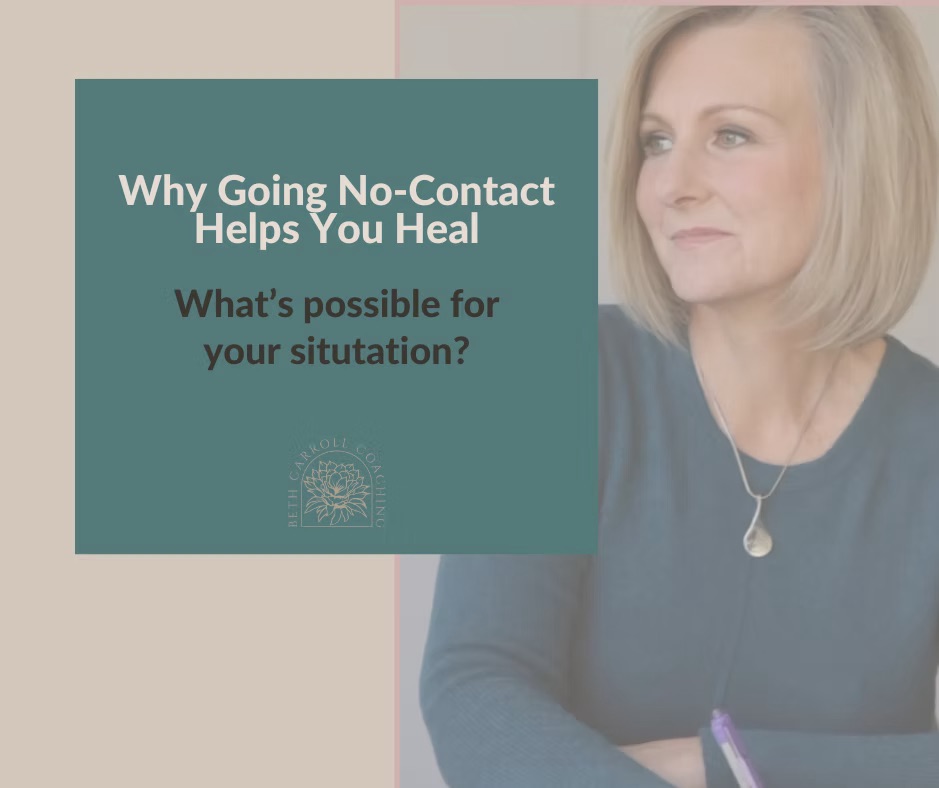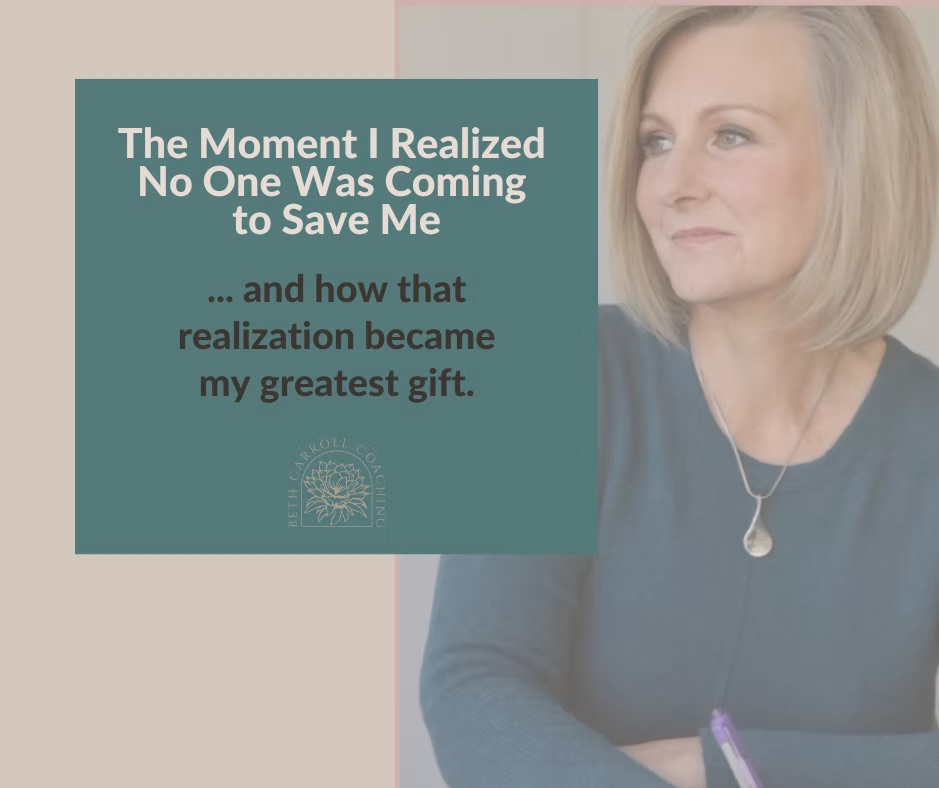For women, marriage can become more than a relationship. It becomes an identity. We don’t even realize it’s happening because the roles build up slowly: wife, mother, caregiver, peacemaker, planner, supporter. Before long, the sense of who I am gets tangled with who I am to others.
So when a marriage ends, especially when it ends suddenly, it feels like the floor drops out from underneath us. In sudden divorce, it disappears in moments. You’re not only grieving the loss of a partner. You’re left asking: Who am I if I’m not his wife? Who am I if the roles I lived for decades no longer apply?
My story of losing myself in marriage:
When my 25-year marriage ended, I realized I didn’t know myself outside of that relationship. My routines, my identity, and my sense of belonging were all woven around and into being a wife. When that was ripped away, I wasn’t just heartbroken. I was completely disoriented. It felt like my reflection had disappeared. I was so used to seeing myself through his eyes, through our life together, that I didn’t know how to see me anymore. That was one of the most painful parts of the divorce – the feeling of the absence of me in addition to the loss of my marriage relationship.
Why this happens…
When you’ve been in a long-term marriage, your brain wires itself around stability, predictability, and roles. Neuroscience shows us that the subconscious mind craves certainty. It feels safest when it knows who you are and what you’re supposed to do. Over decades of marriage, those patterns of “wife,” “mother,” “caregiver,” or “supporter” become automatic settings in the brain.
Layer on top of that the cultural conditioning many of us grew up with: being praised for selflessness, for “keeping the family together,” for putting others first. That reinforcement strengthens the brain’s association between identity and role. Eventually, you stop asking “Who am I?” and instead default to “Who do they need me to be?”
When divorce shatters those roles, the nervous system interprets it as a threat. It’s not just grief over a partner… it’s disorientation in the most basic sense. The brain has lost its map. That’s why so many women describe feeling like they “don’t recognize themselves” after divorce. It isn’t a weakness. It’s biology in action.
The key to understanding why this happens is this: roles are learned, not permanent. Your identity is not defined by marriage, motherhood, or what someone else needed from you. Through subconscious reprogramming and somatic healing, you can retrain your brain to release the old conditioning and create new patterns of self-worth, peace, and clarity. These new patterns will belong only to you. They will help you step into your next chapter.
A Client’s Story: Rediscovering Her Voice
One of my first clients told me she had felt silenced throughout her 32-year marriage. Over the years, she stopped speaking up, stopped trusting her opinions, and stopped listening to her own needs. After we worked together, she didn’t just heal her pain; she rediscovered her voice.
She told me, “I finally feel like I can hear myself again, and I’m ready to trust what I hear. I have a voice again!” That’s what reclaiming your identity looks and feels like: not stepping back into who you were before marriage, but uncovering the version of you that was always there. She is strong, capable, worthy, and feels free to be who she wants to be.
Reflection for You
Take a quiet moment and ask yourself: What role have you had to let go of since your divorce? It could be “wife.” It could be “fixer.” It could be “the one who sacrifices.” Whatever it is, notice it. Then ask: What becomes possible now that I no longer have to carry that role? This question opens the door from grief into growth. It shifts the brain from focusing on loss to noticing opportunity, and that’s where healing begins.
Closing Reflection
You are not the roles you once carried. You are not only a wife, or a caregiver, or someone else’s support system. Those may have been chapters in your life, but they are not the whole book.
Divorce, especially one that wasn’t your choice, can feel like it erases your reflection. In truth, it’s an invitation to see yourself more clearly than ever before. The process of releasing old roles isn’t about losing who you are, but about uncovering the identity that was there all along: worthy, whole, and uniquely you.
As you move forward, keep asking: What becomes possible now that I am free of those roles? The answers will not come all at once. They will arrive in small moments when you hear your own voice, when you trust your own decisions, when you feel peace in your own presence. That’s identity reclaimed.






